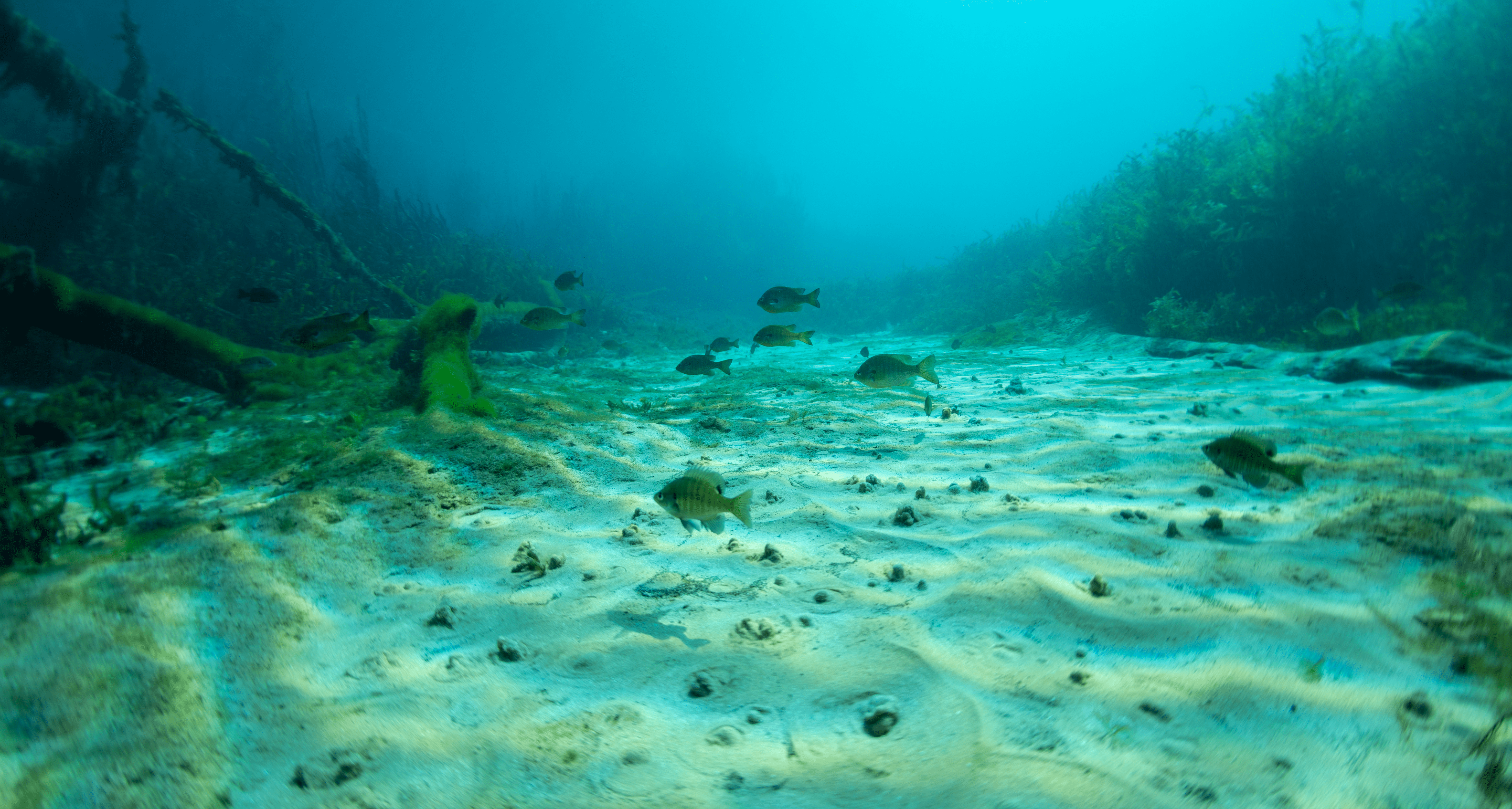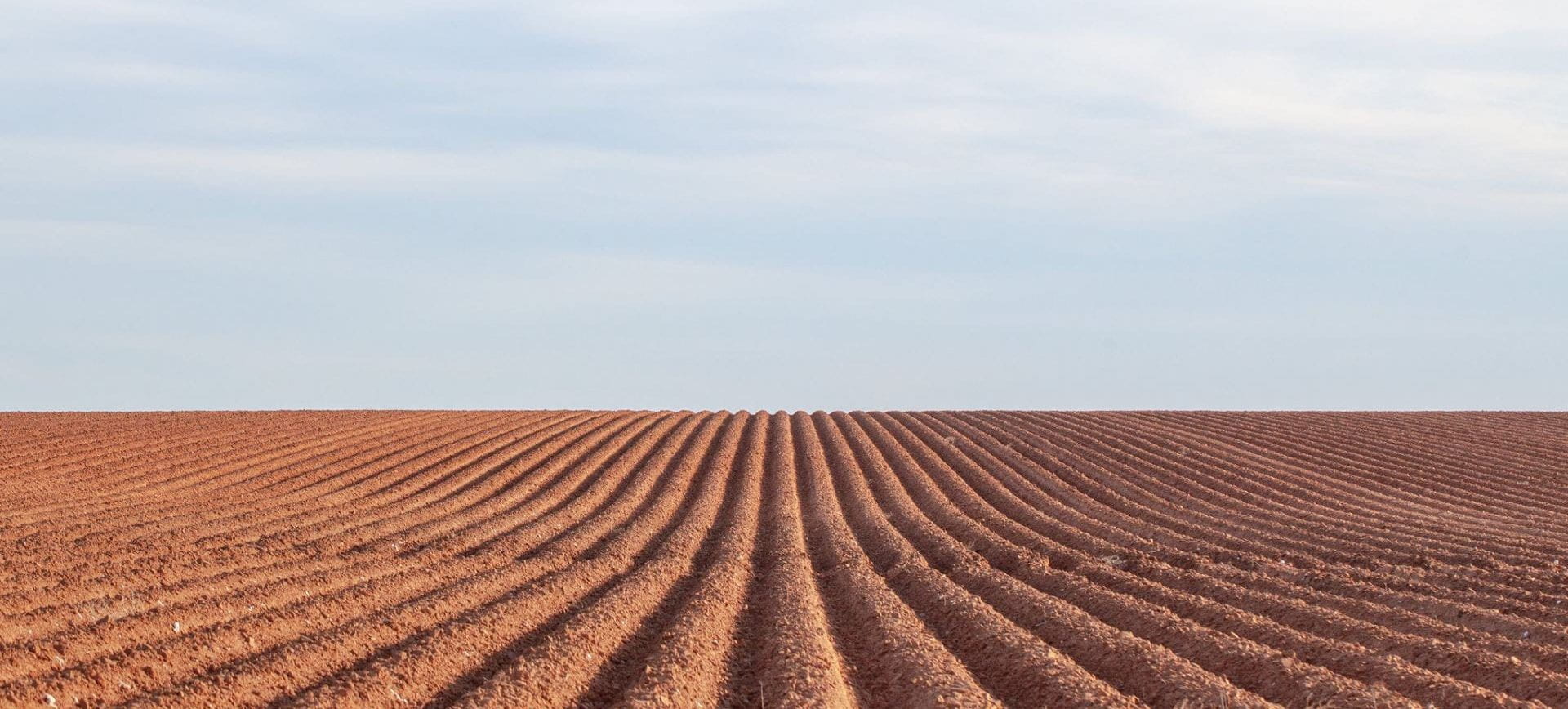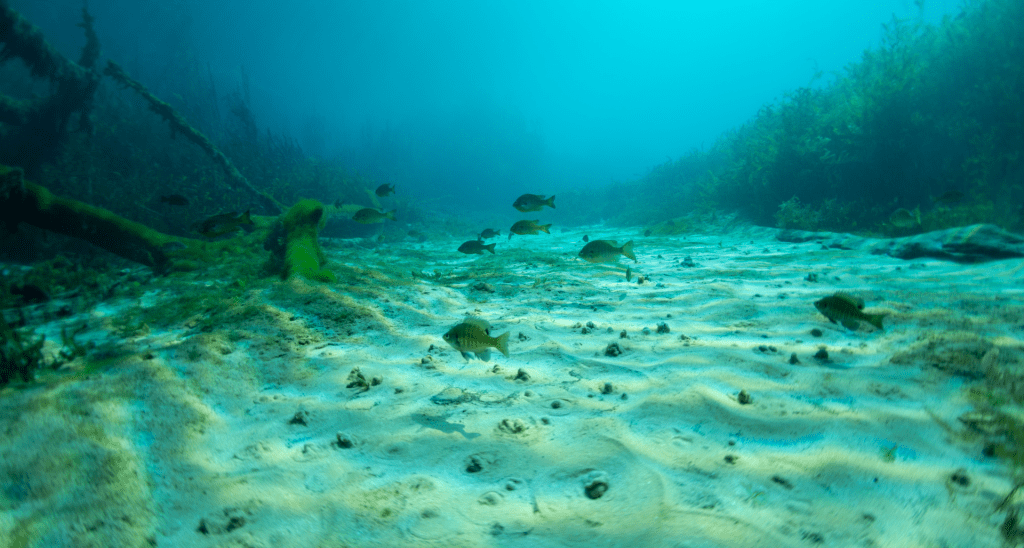With 38 public universities and 35 private colleges and universities in the state and many more across the country (and the world) interested in Texas, there’s a great deal of academic scholarship focused on water in the Lone Star State. In this column, I provide brief summaries to several recent academic publications on water in Texas.

Let’s start thinking about water!
Hands across water—How the 57-year dispute over the Edwards Aquifer began, persisted, and was resolved

San Marcos Springs at Spring Lake, the headwaters of the San Marcos River. Credit: Matthew Mohondro
In full disclosure, while I am the editor of this esteemed newsletter, Doc Votteler is the editor-in-chief, so he signs my paychecks, introducing a potential conflict of interest. But wait, I’m not paid for my efforts on the newsletter, so I can give him the what-for if I need to! Fortunately, I don’t have to. Votteler is the state’s resident expert on the history of management issues in the Edwards Aquifer, having worked under Judge Bunton, written his dissertation on the topic, and written on the topic many times.
Votteler considers this the third of a tryptic of papers he has written on the Edwards Aquifer, including The Little Fish that Roared (1998) and Raiders of the Lost Aquifer (2002). In this paper, he focuses on what’s happened over the past 20 years, primarily the Edwards Aquifer Recovery Implementation Program, the development of the habitat conservation plan, and the implementation of that plan. The paper is stand-alone, so you don’t have to read the other papers to get caught up (but you should since they focus on other matters). Since Votteler had a front-row seat to backroom machinations, he presents previously unpublished information about the process. I was fortunate to have a scientific role in developing the habitat conservation plan, an amazing experience that remains a highlight of my career.
Citation
Votteler, T., 2023, Hands across water—How the 57-year dispute over the Edwards Aquifer began, persisted, and was resolved: Water 15, 1835. https://doi.org/10.3390/w15101835
Carbon sequestration and water management in Texas—One size does not fit all

Farm in Lamesa, Texas. Credit: Charles Henry, Flicker
In this review paper, Bell and friends investigate carbon sequestration in soils and water management for agriculture in Texas. Climate-smart agriculture can store carbon in soils and have other co-benefits, such as enhanced soil structure and increased microbial activity, which can increase soil fertility and productivity. However, implementation is local and can be inhibited by limited water resources and a limiting political environment. Another challenge is cost-effectiveness: farmers are unlikely to adopt climate-smart agriculture if it doesn’t take money out either through higher carbon prices or financial incentives.
Citation
Bell, J., DeLaune, P.B., Fischer, B.L., Foster, J.L., Lewis, K.L., McCarl, B.A., and Outlaw, J.L., 2023, Carbon sequestration and water management in Texas—One size does not fit all: Agrosystems, Geosciences & Environment, DOI: 10.1002/agg2.20372
Join Our Mailing List
Subscribe to Texas+Water and stay updated on the spectrum of Texas water issues including science, policy, and law.

